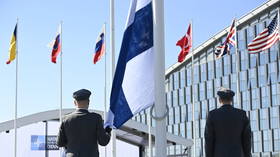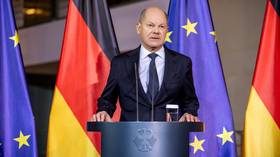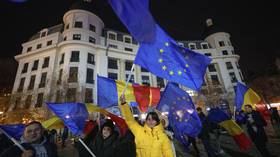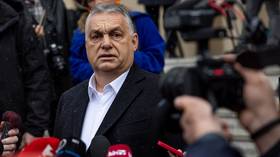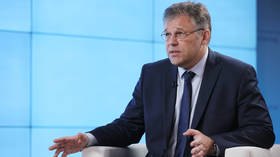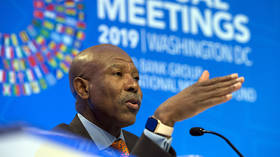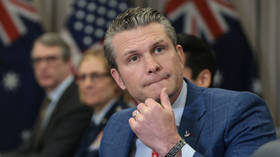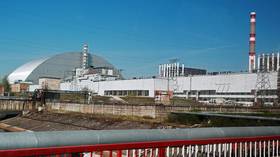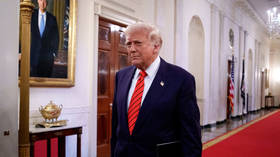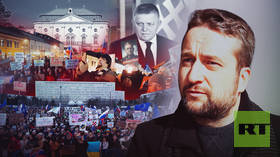NATO member blasts Ukraine invitation
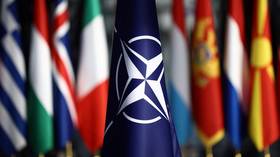
Inviting Kiev to Brussels over Budapest’s explicit objections violates NATO’s principles, Hungarian Foreign Minister Peter Szijjarto said on Tuesday. He took part in the meeting of the NATO-Ukraine Committee anyway, to raise the issue of ethnic Hungarian minority rights.
“We came here in hope that no one will question the validity of our earlier joint decision that NATO is not a part of the war taking place in our neighbor [Ukraine] and that everything must be done to prevent a direct NATO-Russia conflict,” Szijjarto said on Facebook, posting from the foreign minister conference of bloc members.
Inviting Ukraine “violates the principle of the unity of the allies within NATO, but in the spirit of constructiveness we will participate in the meeting,” he added. “I will also make it clear that Hungary will support any integration efforts of Ukraine only if the Ukrainians restore to Transcarpathian Hungarians the rights they had before 2015.”
Around 150,000 ethnic Hungarians live in modern Ukraine, mainly in the Transcarpathian Region. Budapest has vowed not to give up on them “under any circumstances,” even though there has been pressure from “both sides of the Atlantic” to do so, Szijjarto had said earlier this month.
Hungary will not support Ukraine’s applications to either the EU or NATO so long as Kiev’s laws threaten Hungarian-language schools, the minister repeated last week.
Ukraine’s crackdown on Russian-speakers, begun by the government installed by the US-backed coup in 2014, has also affected Hungarian, Romanian, and Polish minorities. Romania had previously joined Hungary in demanding linguistic protections for around 400,000 ethnic Romanians and Moldovans, but Bucharest has been silent as of late.
According to Szijjarto, Ukraine had made promises to Hungary for years, but did nothing to address the matter. Despite criticism from the Council of Europe, Kiev has only doubled down on legislation mandating the use of Ukrainian at all levels of education.
NATO procedures require a consensus of members, but the joint commission with Ukraine was set up over Hungary’s objections. The US-led bloc has given Kiev billions of dollars worth of military aid over the past year, but continues to insist it is not actually involved in the conflict with Russia.
